Keep reading and find the steps and requirements to help you navigate Florida’s commercial vehicle registration efficiently.

What Are Florida’s Commercial Vehicle Registration Requirements
In Florida, commercial vehicles must be registered with the Department of Highway Safety and Motor Vehicles (FLHSMV). This includes vehicles used for business purposes, such as transporting goods or passengers. The registration process ensures that vehicles meet safety standards and that owners comply with state regulations.
To register a commercial vehicle, you’ll need to provide specific documentation, including proof of ownership, insurance, and payment of applicable fees. It’s essential to gather all necessary documents before initiating the registration to avoid delays.
What Documentation Do You Need to Register a Commercial Vehicle in Florida
Before registering your commercial vehicle, ensure you have the following documents:
- Proof of Ownership: This can be the vehicle’s title or a bill of sale.
- Proof of Insurance: Florida requires commercial vehicles to have liability insurance.
- Identification: A valid driver’s license or company identification for business-owned vehicles.
- Weight Certificate: A certified weight slip may be necessary for certain vehicles.
Having these documents ready will streamline the registration process and ensure compliance with Florida’s requirements.
What’s the Right Registration Type for Your Vehicle
Florida offers different registration types based on the vehicle’s use and weight.
- Local Registration: For vehicles operating solely within Florida.
- Apportioned Registration (IRP): For vehicles operating in multiple states, allowing for proportional registration fees based on mileage in each jurisdiction.
Choosing the correct registration type is vital to ensure you’re paying appropriate fees and complying with interstate regulations if applicable.
How to Submit Your Commercial Vehicle Registration Application
Once you’ve gathered all necessary documents and determined the appropriate registration type, you can submit your application:
- In Person: Visit a local Tax Collector’s office or authorized license plate agency.
- Online: Some renewals and registrations can be completed through the FLHSMV’s online portal.
Ensure all forms are accurately completed and all fees are paid to avoid processing delays.
Renew Registration Annually
Commercial vehicle registrations in Florida must be renewed annually.
Renewal notices are typically sent out as a courtesy, but it’s the owner’s responsibility to ensure timely renewal. Late renewals may incur additional fees and penalties.
Keep track of your registration expiration date and set reminders to renew on time, maintaining compliance and avoiding unnecessary costs.
How to Operate Your Commercial Vehicle Outside of Florida
Operating your commercial vehicle beyond Florida requires compliance with federal regulations from the Federal Motor Carrier Safety Administration (FMCSA). This includes a USDOT number and, if you’re transporting goods for hire, an MC (Motor Carrier) number.
You must also secure apportioned plates through the International Registration Plan (IRP) and comply with the International Fuel Tax Agreement (IFTA). Your vehicle must meet all required safety, insurance, and inspection standards to operate legally across state lines.
Avoid compliance issues by staying updated on requirements and using systems to manage permits, logs, and renewals. For seamless operations, work with a transport partner that understands interstate commercial vehicle regulations inside and out.
How to Transport Your Commercial Vehicle Within Florida or Nationwide
Whether you are relocating one truck or managing multiple units, ATC offers driveaway services designed to move commercial vehicles across Florida and the United States. We transport everything from light-duty pickups to Class 8 tractors with precision, safety, and compliance.
Having the right commercial vehicle transport partner protects your timelines, reduces risk, and ensures every move supports your business goals. ATC provides end-to-end coordination, including route planning, documentation support, and real-time communication.
Our mission is simple—move your fleet reliably so you can keep your focus where it belongs. Start your next move with confidence by requesting a quote from ATC today.













